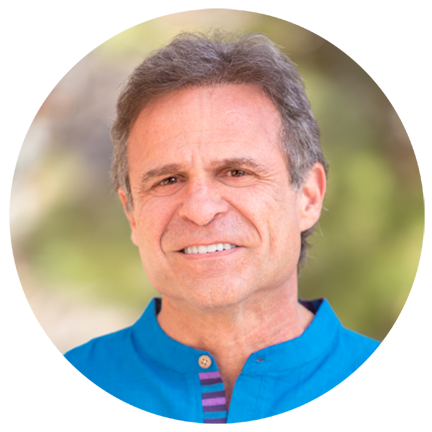The Alternative Approach: Natural, Holistic Treatments for PTSD. Post-traumatic stress disorder, or PTSD, isn’t exclusive to war veterans. PTSD is a condition that develops as a response to trauma, and it can happen anytime you’ve experienced or witnessed a traumatic event. With approximately 70 percent of adults in the US experiencing trauma at some point in their lives, it’s no wonder that at least 20 percent of these people will eventually require treatment for PTSD.
Behavioral health professionals recommend a combination of approaches to help sufferers manage the symptoms of PTSD, which include anxiety, insomnia, depression and social withdrawal. From counseling and group support to exercise and meditation, there are many effective alternative treatments for PTSD – and your therapist can help you find the combination that works best for you.
Types of Alternative Treatments for PTSD
Depending on the severity of your trauma symptoms, conventional doctors usually treat PTSD with antidepressants and anti-anxiety medication. Now, natural alternatives like homeopathy are becoming increasingly popular for treating the stress that results from trauma. For example, arsenicum album has been found to reduce fears, anxieties and obsessive-compulsive behaviors – all of which are common symptoms of post-traumatic stress.
Acupuncture has been shown to significantly improve symptoms in people suffering from PTSD. Some studies even show that acupuncture can be as effective as cognitive behavioral therapy (CBT) in treating trauma — and even more so when both approaches are combined.
Meditation is another powerful PTSD intervention, because it trains your mind and body to more easily switch out of its sympathetic nervous system (fight-or-flight mode) into its parasympathetic nervous system (rest-and-digest mode).
Why Healing From Trauma is Essential to Your Ability to Live Your Best Life
As the author of the book, Return to Life, Pam Butler shares of her personal experience with holistically healing from PTSD:
“One of the hardest parts of dealing with PTSD is how hard we can be on ourselves. We invalidate our own feelings, thinking that we have no right to feel this way. Others probably have it worse, we tell ourselves. There is absolutely no shame in suffering from post-traumatic stress disorder; it doesn’t matter if your condition stemmed from an abusive boyfriend or from being a prisoner of war. We cannot compare our experiences to others. Everyone’s bodies and minds react to events differently, and you didn’t get PTSD from not being strong enough. Mental illness should never be stigmatized like that.”
Asking for the help you need isn’t weak; it’s an act of strength. Whatever the origins of your trauma, it’s essential for you to get the right guidance, support and nourishment to help you overcome what holds you back, so the true you can shine.
If you’re ready to begin a healing journey with professionals who can bring the best of alternative trauma treatments into a customized plan for you, call us at (877) 710-3385 or email us at [email protected] today.
He is the Founder, Administrator, Counselor at the Sanctuary at Sedona. He has a BA in Political Science and is currently Senior teaching staff at Four Winds Society, an international school of energy medicine. His credentials also include being an Ordained Minister; a Certified Shamanic Breathwork® Facilitator; a Founding Member Society for Shamanic Practitioners; a Member of Association for Comprehensive Energy Psychology; a Member of the National Institute for Holistic Addiction Studies. [email protected]


